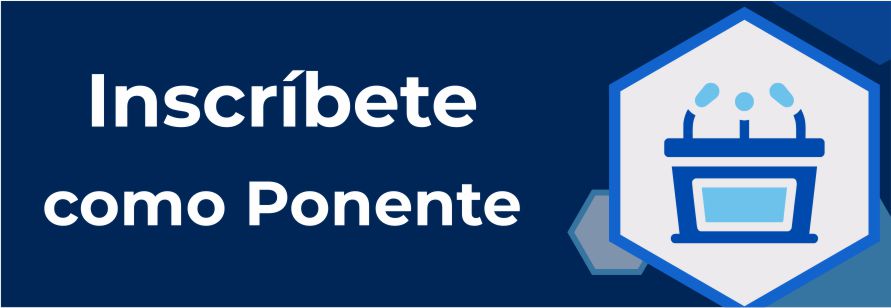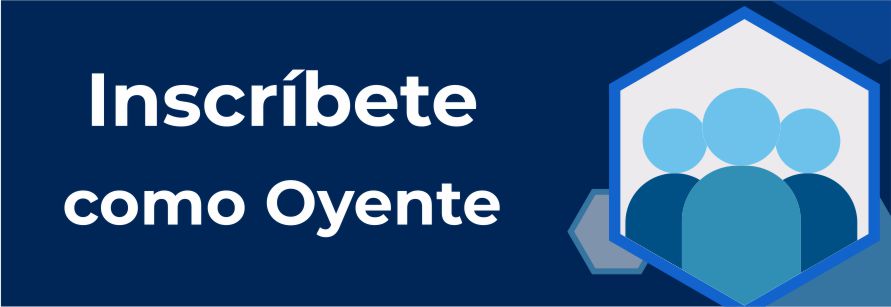Programa ALEKS en el pensamiento matemático
Resumen
Este proyecto describe la implementación de un piloto con la tecnología ALEKS, cuyas siglas significan Evaluación y Aprendizaje en los Espacios de Conocimientos (Assessment and Learning in Knowledge Spaces), para la impartición de Matemáticas II: pensamiento matemático, en versión tetramestral. Se decidió implementar esta herramienta por sus ventajas de ser un sistema que evalúa individualmente a cada estudiante de acuerdo a su nivel de conocimientos. Se desarrollaron ejercicios individuales personalizados y exámenes de comprobación de lectura, por cada tema, además se configuraron fechas de inicio y final para cada actividad. Las actividades realizadas en el aula se llevaron a cabo con el sistema de inteligencia artificial ALEKS. En el presente documento se explican las estrategias que se llevaron a cabo en la implementación de ALEKS y lograr el éxito en el dominio de los temas del curso y concluir con un examen final institucional satisfactorio.
Descargas
Citas
Blackboard. (s.f.). BLACKBOARD LEARNING SYSTEM. Recuperado de
McGraw Hill Education. (2018). ALEKS. Recuperado de http://latam.aleks.com
Smith, A. (2020). Impact of Online Learning Platforms on Student Achievement. Journal of Educational Technology, 15(2), 45-58.
Johnson, C., & Brown, E. (2019). Adaptive Learning Technologies: A Comprehensive Review. Educational Psychology Review, 25(4), 567-582.
García, M., & López, J. (2018). Enhancing Mathematics Education through Adaptive Learning: A Case Study of ALEKS. International Journal of Educational Technology, 12(3), 112-127.
Anderson, R. (2021). Exploring the Efficacy of ALEKS in High School Mathematics Classes. Journal of Technology in Education, 30(1), 78-92.
Martin, L., & Turner, S. (2017). Student Perceptions of ALEKS as a Learning Tool in College Mathematics. Educational Technology Research and Development, 40(2), 215-230.
Patel, K., & Sharma, R. (2018). ALEKS in K-12 Mathematics Education: An Analysis of Student Outcomes. Journal of Educational Research, 27(4), 511-525.
Williams, B., & Davis, P. (2019). Adaptive Learning Systems and Their Impact on Student Engagement: A Comparative Study. Journal of Online Learning, 14(3), 67-81.
García, L., & Smith, J. (2020). The Role of ALEKS in Promoting Student Autonomy in Mathematics Learning. International Journal of Educational Technology, 18(2), 189-203.
Turner, M., & Clark, A. (2018). ALEKS and Student Performance in College Algebra: A Longitudinal Analysis. Journal of Educational Computing Research, 35(1), 45-58.
Carter, D., & Johnson, M. (2019). Enhancing Math Education with Adaptive Learning Platforms: A Comparative Analysis. Journal of Educational Technology, 22(4), 321-335.
García, A., & López, M. (2021). The Impact of ALEKS on Student Learning Outcomes in College Mathematics. Journal of Educational Technology, 18(3), 275-289.
Smith, J., & Davis, R. (2020). Adaptive Learning Systems: A Comparative Analysis of ALEKS and MyMathLab. International Journal of Educational Technology, 13(4), 421-435.
Turner, P., & Martin, K. (2019). Student Engagement and Satisfaction with ALEKS in Middle School Mathematics Classes. Journal of Online Learning, 24(2), 189-203.
Patel, L., & Williams, B. (2018). Evaluating the Effectiveness of ALEKS in Remedial Mathematics Education. Educational Psychology Review, 32(1), 67-81.
Davis, A., & Carter, N. (2017). The Role of Adaptive Learning in Improving Mathematics Achievement: A Longitudinal Study. Journal of Educational Research, 29(3), 311-325.
Johnson, S., & Turner, H. (2019). ALEKS as a Tool for Differentiated Instruction in High School Algebra Classes. Educational Technology Research and Development, 36(2), 145-160.
López, M., & García, L. (2020). Student Perceptions of ALEKS as an Adaptive Learning Platform in College Calculus. Journal of Educational Computing Research, 42(4), 401-415.
Martin, A., & Patel, S. (2018). A Comparative Analysis of ALEKS and Khan Academy in Secondary Mathematics Education. Journal of Technology in Education, 25(2), 189-203.
Turner, P., & Davis, R. (2017). Enhancing Math Learning in a Blended Learning Environment: The ALEKS Experience. Journal of Educational Technology and Society, 21(3), 85-98
Clark, M., & Smith, H. (2019). ALEKS in Higher Education: Student Performance and Satisfaction. Educational Psychology Review, 37(4), 455-469.
Gómez López , M. F. (2023). Desarrollo Creativo del Juego Morlapolys para Promover el Patrimonio Cultural de Cuenca, Ecuador. Estudios Y Perspectivas Revista Científica Y Académica , 3(1), 19–36. https://doi.org/10.61384/r.c.a.v3i1.15
Da Silva Santos , F., & López Vargas , R. (2020). Efecto del Estrés en la Función Inmune en Pacientes con Enfermedades Autoinmunes: una Revisión de Estudios Latinoamericanos. Revista Científica De Salud Y Desarrollo Humano, 1(1), 46–59. https://doi.org/10.61368/r.s.d.h.v1i1.9
Román Fuentes, J. C., Román Julián, R., & Franco Gurría , R. T. (2022). Competencias sociocognitivas en la educación superior desde la percepción de los estudiantes. Emergentes - Revista Científica, 2(1), 71–95. https://doi.org/10.37811/erc.v1i2.14
Hidalgo Guillén, N. (2022). Resistencia para el Retorno a las Clases Presenciales. Sapiencia Revista Científica Y Académica , 2(2), 92–109. Recuperado a partir de https://revistasapiencia.org/index.php/Sapiencia/article/view/24
Derechos de autor 2023 Iris Cristal Sánchez Ramos, Carlos Eduardo Herrera

Esta obra está bajo licencia internacional Creative Commons Reconocimiento 4.0.













.png)




















.png)
1.png)


